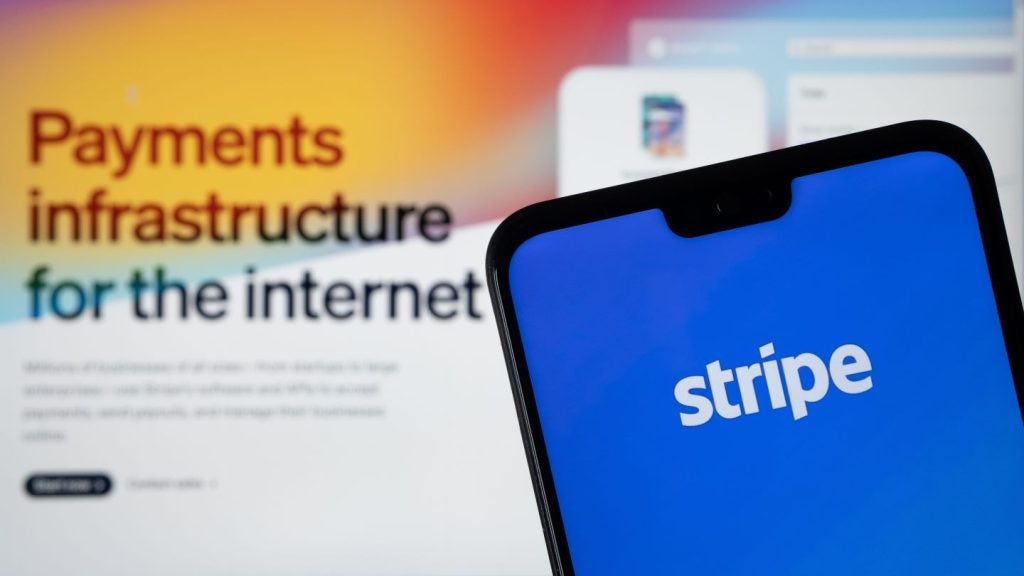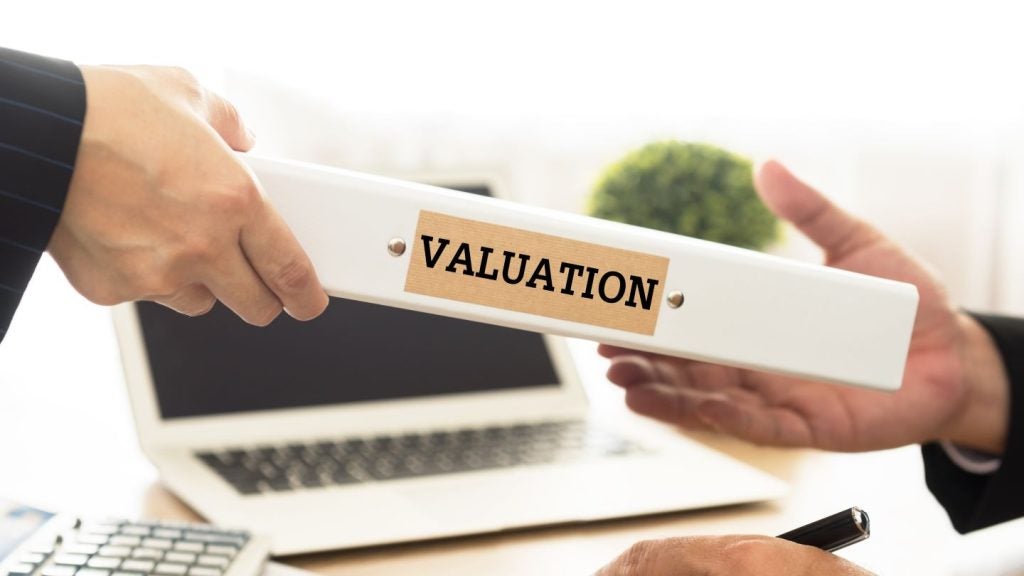With Apple attracting attention towards the mobile wallets and payments, many mobile solution providers are looking for ways to take advantage of this interest spike. One of these is international payments giant Visa, which expects half of all transactions to be mobile by 2020. Patrick Brusnahan talks to Visa
Mobile payments and wallets are steadily rising in their acceptance. According to Statista, $235.4bn was transacted worldwide over mobile payments services in 2013 with it set to reach $721.4bn by 2017, a rise of over 200%.
MasterCard has also come out in support of mobile purchases. It stated that by 2020, mobile commerce will account for more than 75% of the world’s online transactions.
Consumers are becoming more aware of these mobile options and, as a result, more willing to adopt them. Statista recorded that 40% of consumers in 2013 would prefer to pay via a mobile device than a traditional wallet. This percentage got as high as 63% and 60% in South Korea and India respectively.
Visa’s presence in the mobile space
Visa has not let this trend pass by.
When talking to RBI, Jeremy Nicholds, executive director of mobile at Visa Europe, says: "What Visa is attempting to do is to enable a number of different platforms for the banks to bring mobile payments services to their customers at scale.

US Tariffs are shifting - will you react or anticipate?
Don’t let policy changes catch you off guard. Stay proactive with real-time data and expert analysis.
By GlobalData"In terms of mobile payments, we’re talking about proximity payments, using your phone in a contactless sense to make a transaction, be that a low value transaction or even a high value transaction."
Nicholds believes the UK is a good example of somewhere that contactless mobile payments could really take off.
This is mainly due to the infrastructure already being in place thanks to the rise of contactless cards. The goal is to take that process and have inside of a mobile phone instead of a card.
He says: "Over the years, we’ve been investing in contactless acceptance infrastructure and, in a number of markets, we now have pretty good acceptance.
"With that piece of the puzzle in place, it’s a question of ‘which platform does a bank use to get the card details into the phone in order to enable contactless transactions?’
Turning a phone into a contactless device
There are a few options in transforming a phone into a contactless payment device. The phone can have a secure element in the actual hardware, the details can be saved on the SIM card of the phone, or, most interestingly, the card details can be stored on the cloud.
Nicholds says: "We are enabling and providing support for banks to use cloud-based solutions and HCE (Host Card Emulation) technology. We’re also working, particularly in the US, with a range of players including Apple, Samsung and so on who are enabling third-party wallets for banks to use to store those essential card details."
Apple Pay’s galvanising effect
While financial institutions such as Visa and MasterCard, as well as mobile providers like Vodafone and O2, have been involved in this movement for some time, the emergence of Apple Pay has galvanised the industry and consumers.
Nicholds says: "Apple Pay is currently only available in the US, but I’m sure, in due course, Apple will announce the extension of the programme in other markets. It would be no surprise if it came into Europe as it has an exceedingly good contactless infrastructure.
"If you look at Spain, contactless acceptance is three times the level what they are in the United States. If you look across Europe, we have 2.4 million contactless terminals in place. It’s very much ready and waiting for Apple Pay and others to make use of.
"As well as Apply Pay, there have been announcements from Samsung and Google, as well as mumblings about Microsoft getting involved. Mobile payments are very much a hot item."
Apple is gaining lot of attention through work that companies such as Visa has been working on for years. However, Nicholds is not worried about Visa losing any of the limelight.
He says: "All of these solutions, from Apple to Samsung to whomever, they have their own technology at work, but it’s built on Visa technology. We’re enabling those solutions. We have the view that this has to be a collaborative effort and no one party can do it by themselves.
"We’re still advocates of collaboration now, but also there are other options for banking to choose from. We’re very excited about the cloud-based developments we have on the go. We’re expecting 30 banks across Europe, including banks in the UK most likely, to introduce cloud-based solutions in due course."
Visa expects that their mobile wallet offering will have one million active users by the end of 2015. Nicholds believes that it’s ‘on track for that’. In terms of future goals, they are much more optimistic.
He says: "We’ve made some predictions and we think that by 2020, 50% of our transactions will be through mobile devices. That includes phones, tables and other devices. There’s also a lot of excitement around wearables. Those sorts of devices have a good level of activity among our cardholder base.
"We have 500 million cardholders in Europe and we have significant numbers of transactions so we’re expecting those increasingly to come from mobile devices. If you look at e-commerce, it’s increasingly becoming an m-commerce world."
Nicholds concludes: "People have been saying that ‘this is the year of mobile’ and they’ve been saying that for a number of years. It’s been a long time coming.
"I think those key ingredients are very much in place now. There’s no point in bringing out a new payment method if there’s no way to use it. By encouraging the use of contactless cards, we’ve managed to establish the infrastructure that supports not only contactless cards but mobile as well. That’s an essential building block."







